Is This The Future of Chocolate?
Celleste Bio Is Revolutionizing Cocoa with Sustainable Tech
A food tech startup is tackling chocolate’s dirty little secret—deforestation and climate impact—by reinventing cocoa production through cell technology.
11 April 2025
Share this exclusive content from Saladplate
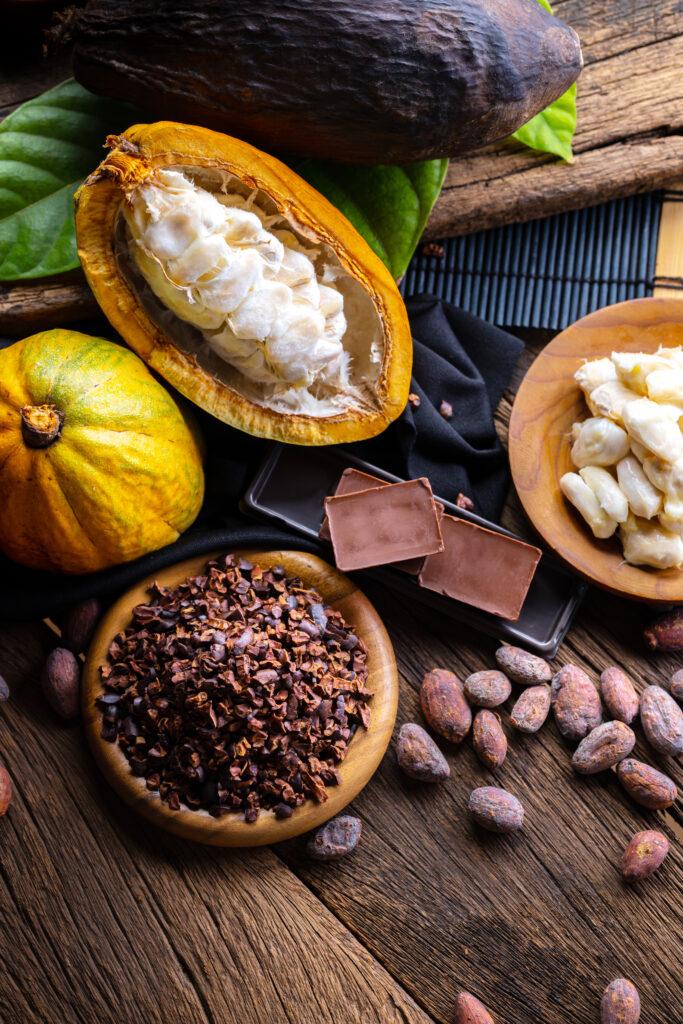
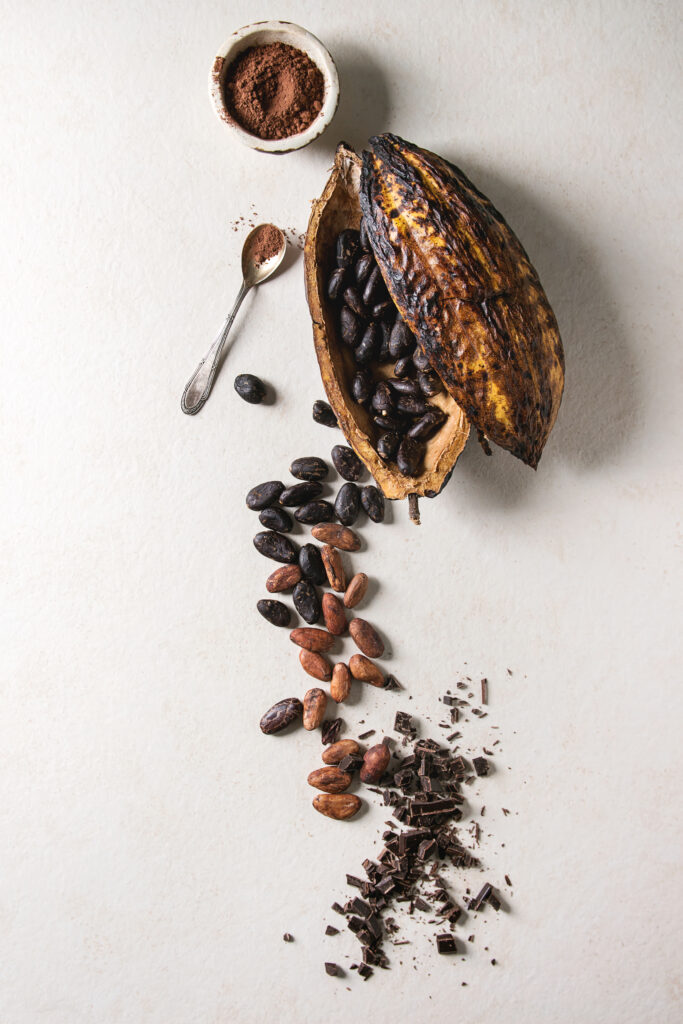
Traditional cocoa farming methods are wreaking havoc on the planet | Photo Credit: Envato Elements
Chocolate has a unanimous global appeal and the near-magical ability to comfort all ages. But beneath this sweet, indulgent exterior lies a bitter truth: Traditional cocoa farming methods are wreaking havoc on the planet.
For years, cocoa production has been linked to deforestation. Meanwhile, the demand for chocolate continues to rise, and the global market is valued at over US$14.53 billion as of 2024, estimated to reach US$23.54 billion by 2030. In the United States alone, the import value of cocoa beans is approximately US$1.1 billion per year. Multinational companies are reaping immense profits, yet supply chain instability and environmental destruction continue to pervade the industry.
Given these urgent challenges, a crucial question remains: Can we enjoy chocolate sustainably without contributing to these harmful practices? Enter Celleste Bio, a biotech startup revolutionising cocoa production by creating cell-cultured cocoa—a method that eliminates the need for large-scale farming while preserving the essence of real chocolate.
Rise of Alternative Cocoa
Celleste Bio, an Israeli food-tech company founded in 2022, is tackling chocolate’s sustainability problem head-on. Instead of relying on the unsustainable methods of conventional cocoa farming, the company has developed a proprietary system for growing cocoa cells in bioreactors—making smart use of BioTech, AgTech, and AI technologies. This approach allows for the production of 100% natural cocoa ingredients without needing to cultivate entire forests, eliminating land degradation and excessive water usage.
At the core of Celleste Bio’s innovation is cellular agriculture. The process begins with extracting cells from one to two cocoa beans. These cells are then cultivated in a controlled environment where they are provided with everything they need for optimal growth conditions. Over time, the cells multiply, forming cocoa ingredients—such as cocoa butter—identical in flavor and composition to those produced through traditional farming.
“If we don’t change how we source cocoa, we won’t have chocolate in two decades,” says Celleste Bio
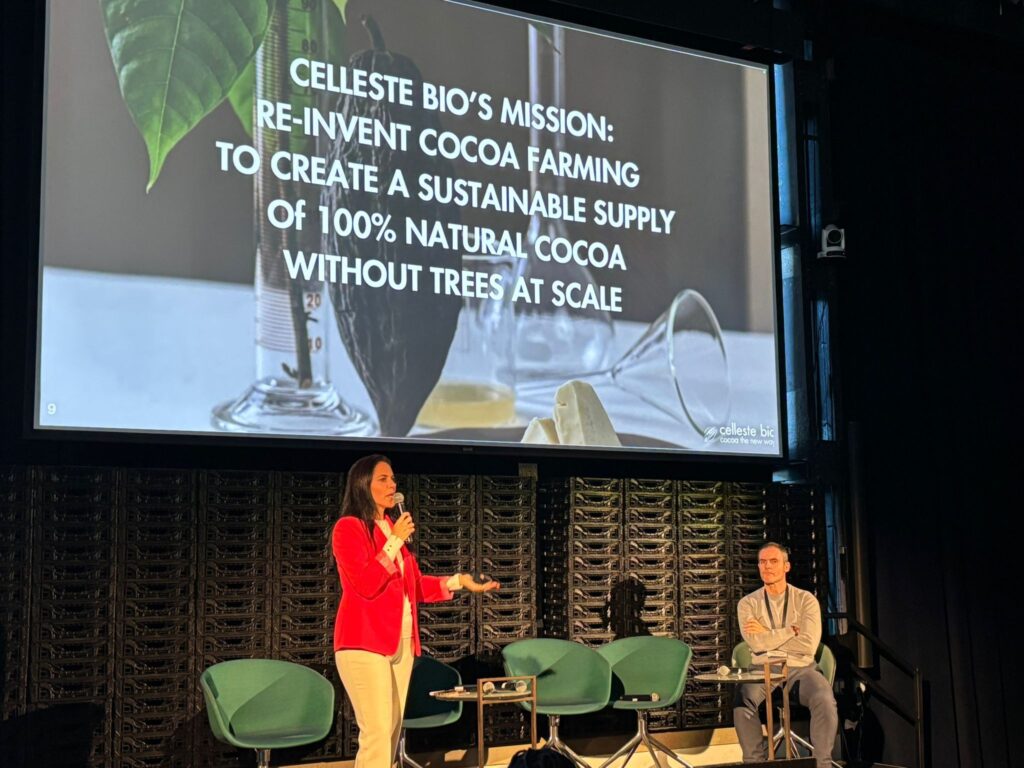
Chief Executive Officer (CEO) Michal Beressi Golomb | Photo Credit: Michal Beressi Golomb LinkedIn
What makes this technology truly transformative is that it requires only a single cocoa pod to produce an entire ton of cocoa butter. This efficiency is unparalleled in the industry, where it traditionally takes four tons of cocoa pods, approximately 10,000 sqm of land, and nearly 2,000 trees to produce two tons of cocoa butter. By removing the need for deforestation, this method significantly reduces carbon emissions, conserves biodiversity, and ensures ethical production.
“If we don’t change how we source cocoa, we won’t have chocolate in two decades,” Celleste Bio Chief Executive Officer (CEO) Michal Beressi Golomb says. With their technology, she is optimistic that the cocoa and chocolate industry won’t be as dependent on nature anymore. Since the process is entirely controlled, cultivating cocoa using this method removes the uncertainties and risks that come with traditional farming—drought, pests, pesticides, etc.
Plus, with the cocoa and chocolate industries both growing further, there is an urgent need for consistency in the supply chain. She adds, “[Chocolate and confectionery companies] are really worried about having a sustainable, consistent supply of quality cocoa.” For context, it can take a full year for a tree to produce enough cocoa to create half a pound of chocolate. These struggles, instability, and supply chain concerns continue to fuel price increases in the cocoa industry—increasing by up to 400% since 2023.
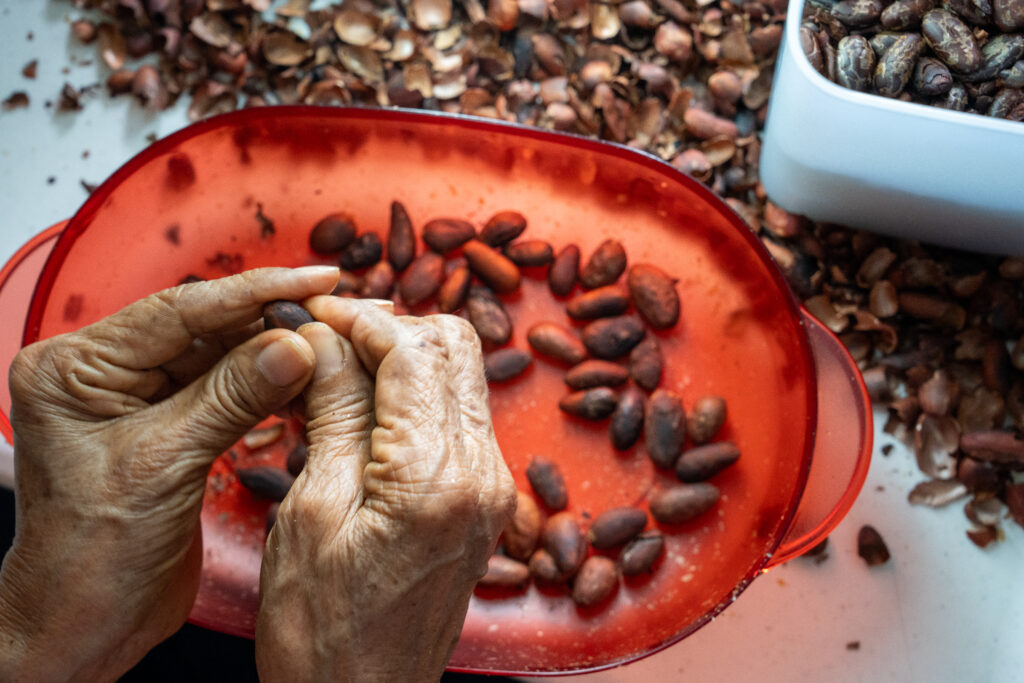
Sustainability is the future—and not just with chocolate and cocoa. | Photo Credit: Envato Elements
Investing in the Future of Cocoa and Agriculture
As demand for sustainable cocoa alternatives grows, Celleste Bio has attracted significant investment to scale its operations. In December 2024, the company secured US$4.5 million in funding, led by Supply Change Capital and Mondelēz International’s SnackFutures Ventures. Other key investors include Consensus Business Group, Barrel Ventures, The Trendlines Group, and Regba Agriculture.
This financial backing allows Celleste Bio to accelerate research and development (R&D), push for more infrastructure, and move closer to commercialisation. “Climate change and conventional farming practices are depleting our rainforests resulting in unprecedented environmental and financial challenges to grow enough cocoa to meet the needs of a [US$100 billion]—and growing—chocolate industry,” says Golomb. “This round provides us with the financial and strategic support we need to accelerate product development, scalability, and commercial readiness.”
Richie Gray, Vice President and Global Head of Mondelēz International’s SnackFutures Ventures, stresses that as one of the biggest chocolate producers in the world, they’re acutely aware of the supply chain challenges. Their investment in Celleste Bio proves that they’re willing to put their money where their mouth is. Gray reveals, “While still in its early stages, Celleste has great promise as a complementary technology to traditional farming practices. Combining Celleste’s technology with our unmatched capability and expertise will push the boundaries of what’s possible in building the cocoa supply chain of the future.”
On the other hand, The Trendlines Agrifood Fund CEO, Dr. Nitza Kardish, is optimistic that this may simply be the start of what could be the future of crop farming. “We have yet to feel the full scope and impact of climate change on how we grow and produce the world’s food supply…That is why Trendlines is focused on finding and growing companies like Celleste that are pioneering technologies that can be applied and scaled to many critical crops in the future,” Dr. Kardish says.
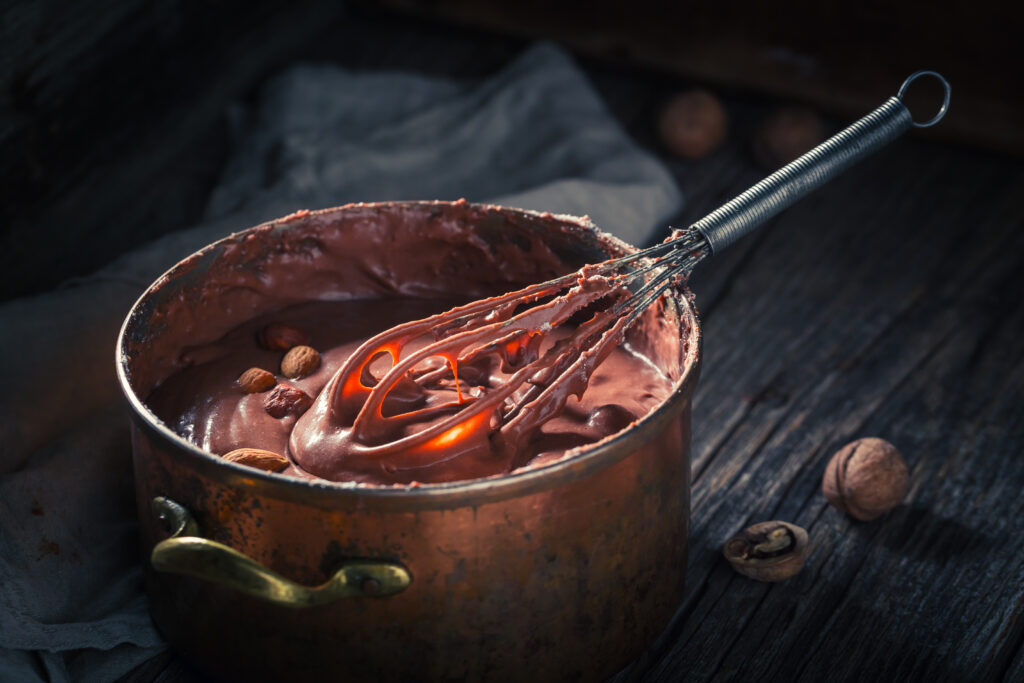
Photo Credit: Envato Elements
Sustainable Indulgence
Imagine a world where chocolate is no longer linked to deforestation or water insecurity. As many companies and brands across all industries are learning, sustainability is the future—and not just with chocolate and cocoa.
Younger generations’ purchasing influences lean strongly towards brands that have sustainable practices. 62% of Gen Zs prefer to purchase from sustainable brands, and 73% are willing to pay a premium to support these brands in continuing their eco-friendly efforts. Despite initial skepticism, consumer trends show strong support for sustainable alternatives. Just as plant-based milk and meat alternatives have gained mainstream acceptance, cell-cultured cocoa has the potential to redefine the chocolate industry.
So the next time you unwrap a chocolate bar, consider this: Would you choose a sustainable, lab-grown cocoa alternative if it tasted just as good? The future of chocolate depends on the choices we make today—and with companies like Celleste Bio leading the charge, the future is looking sweeter.
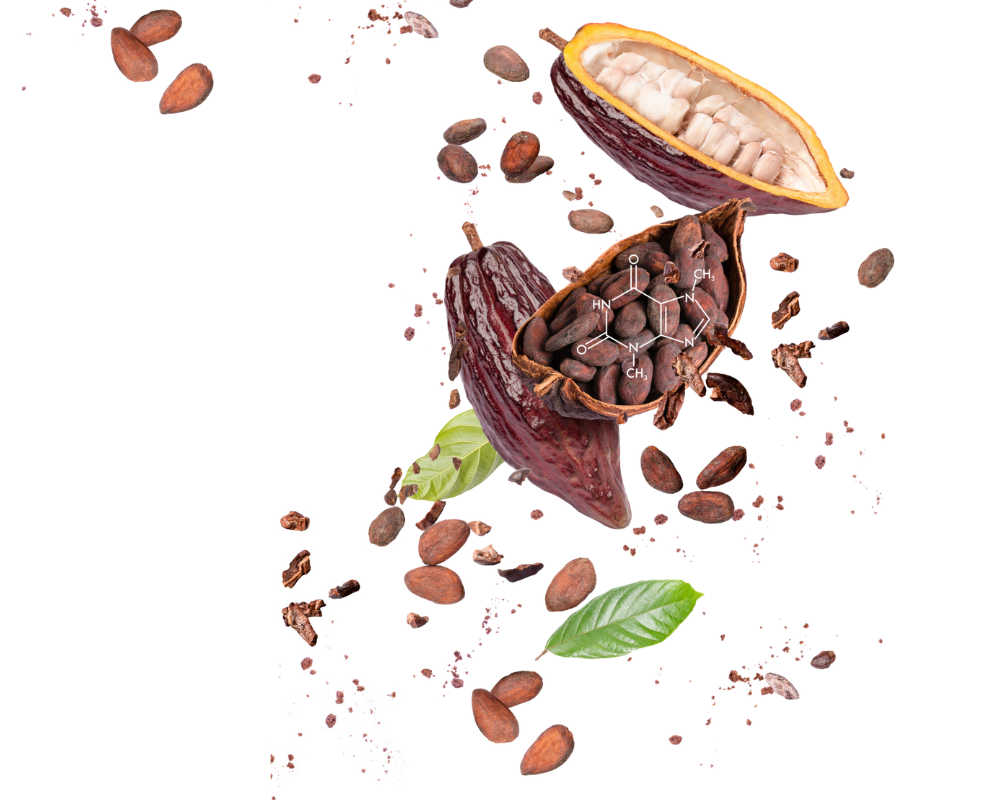
Photo Credit: Envato Elements
Author: Rhia Grana
Rhia Grana has over two decades of experience working as a writer and editor for various lifestyle publications in the Philippines. She enjoys penning interesting stories about culture, food, travel, and notable personalities. She currently holds the position of the Managing Editor at Esquire Philippines.



